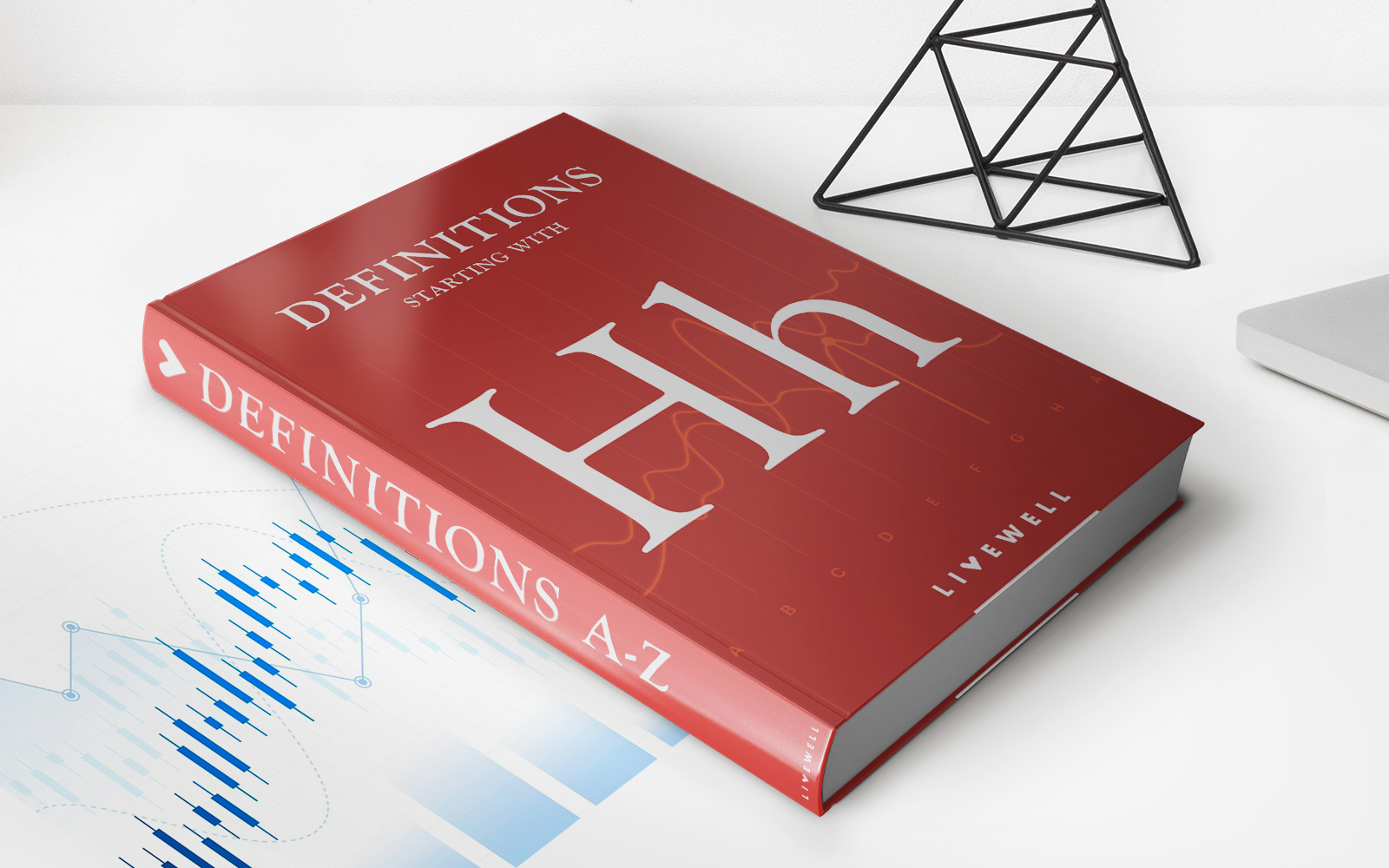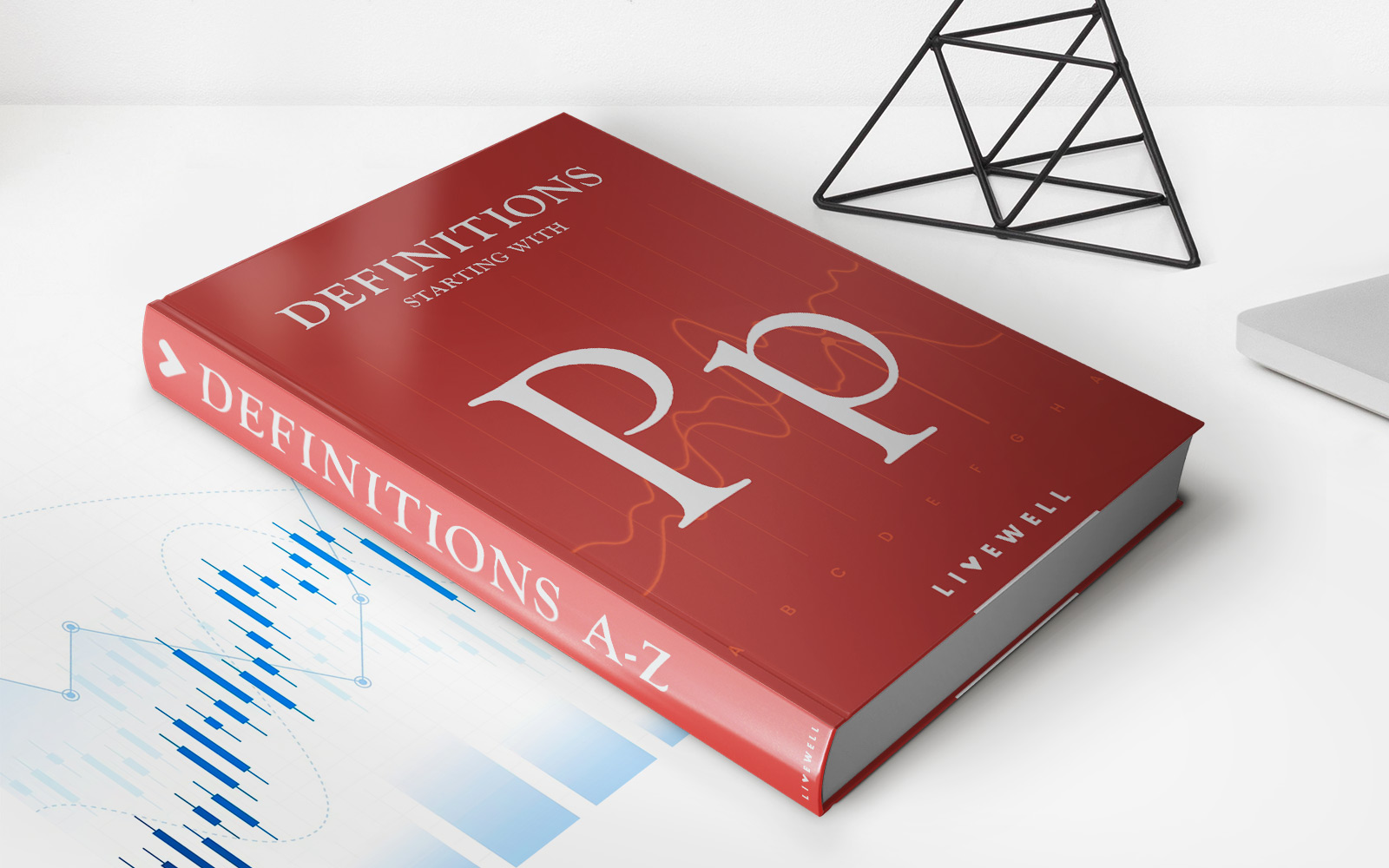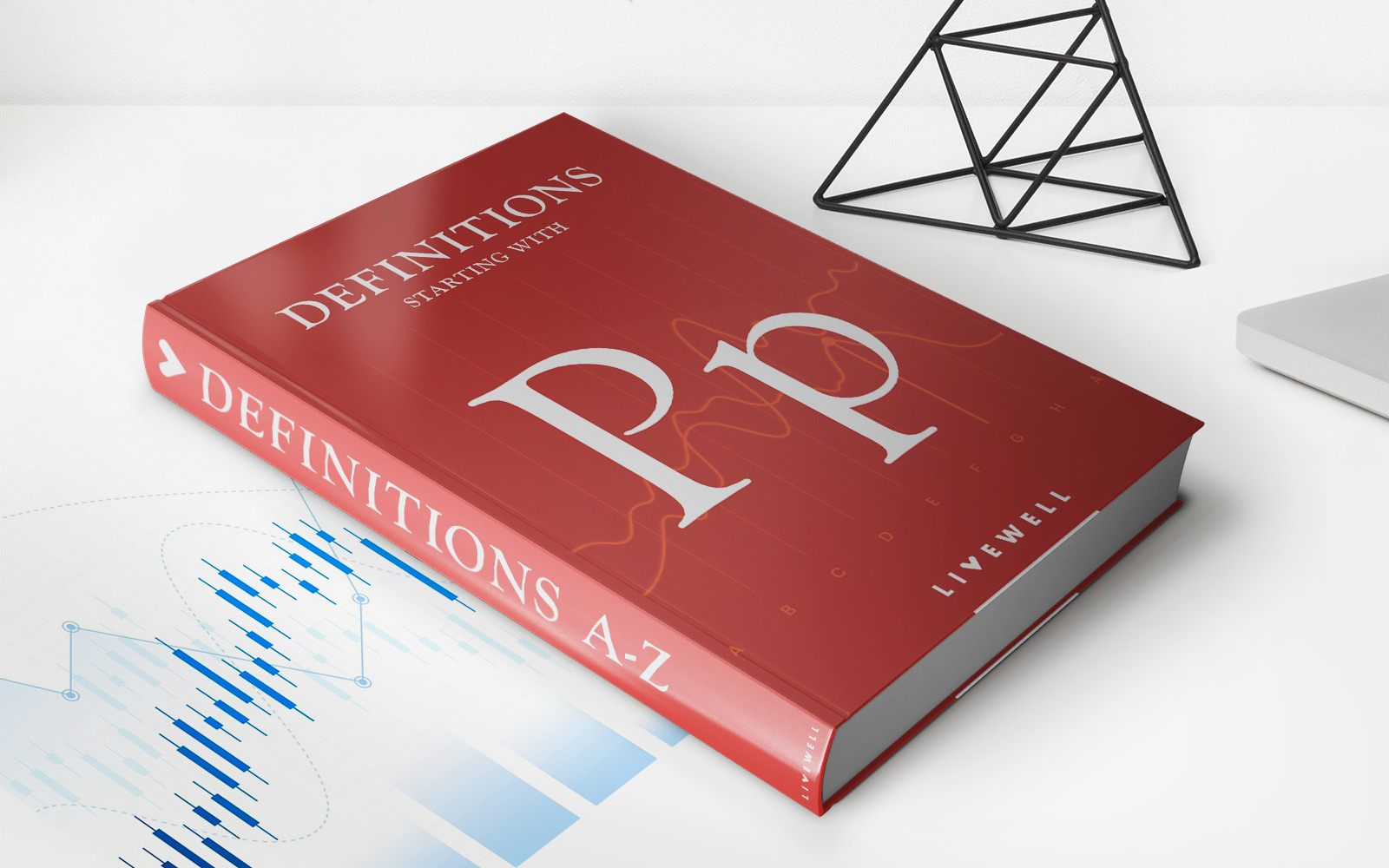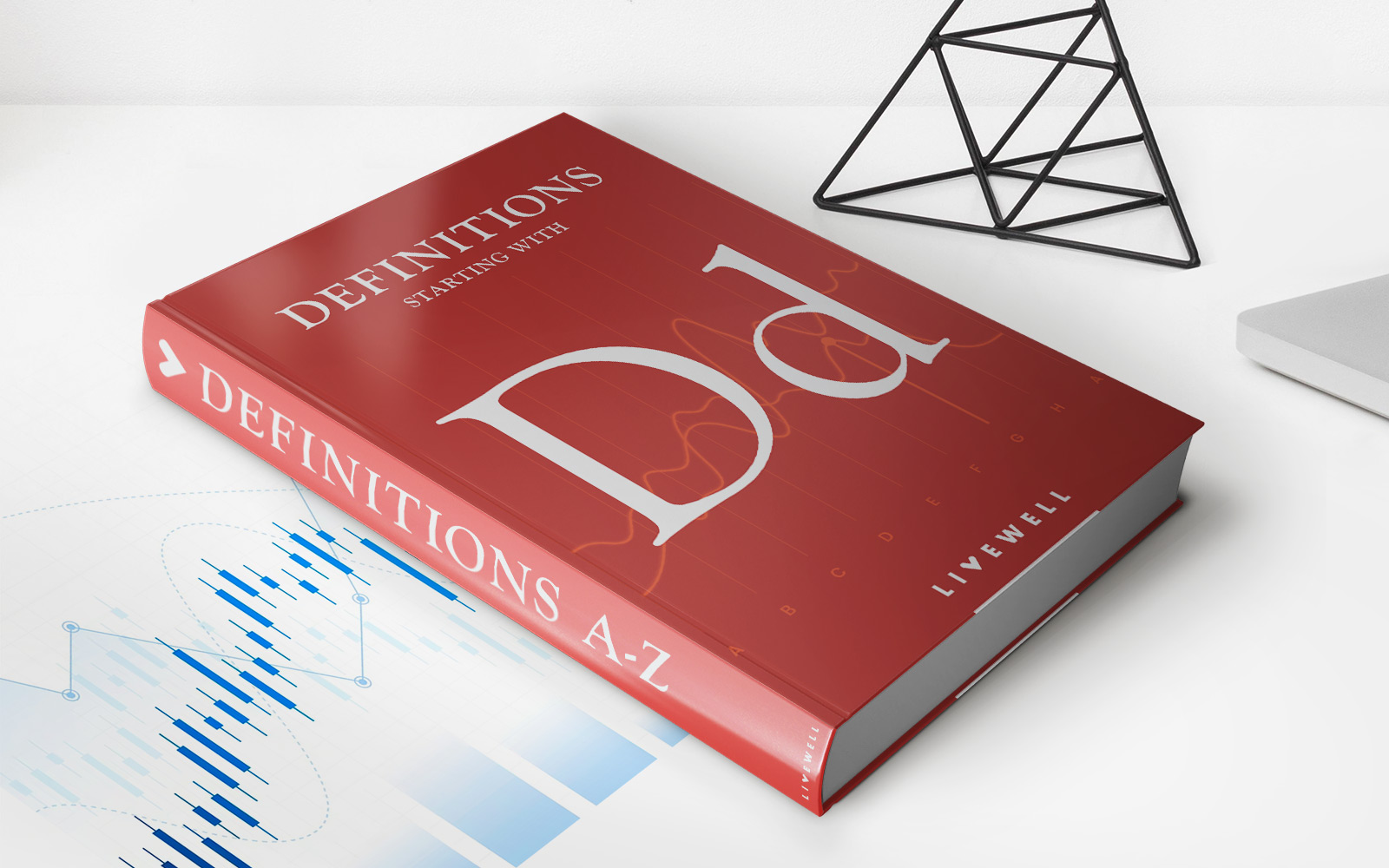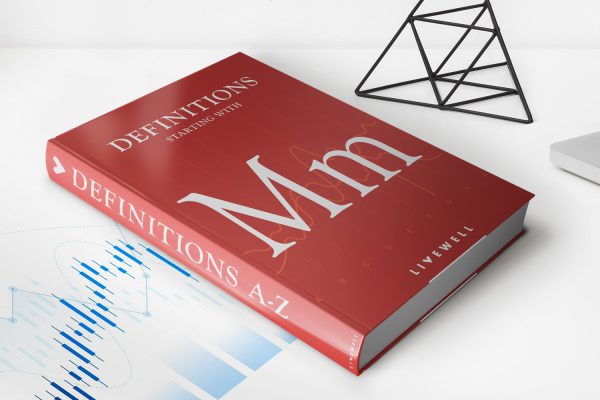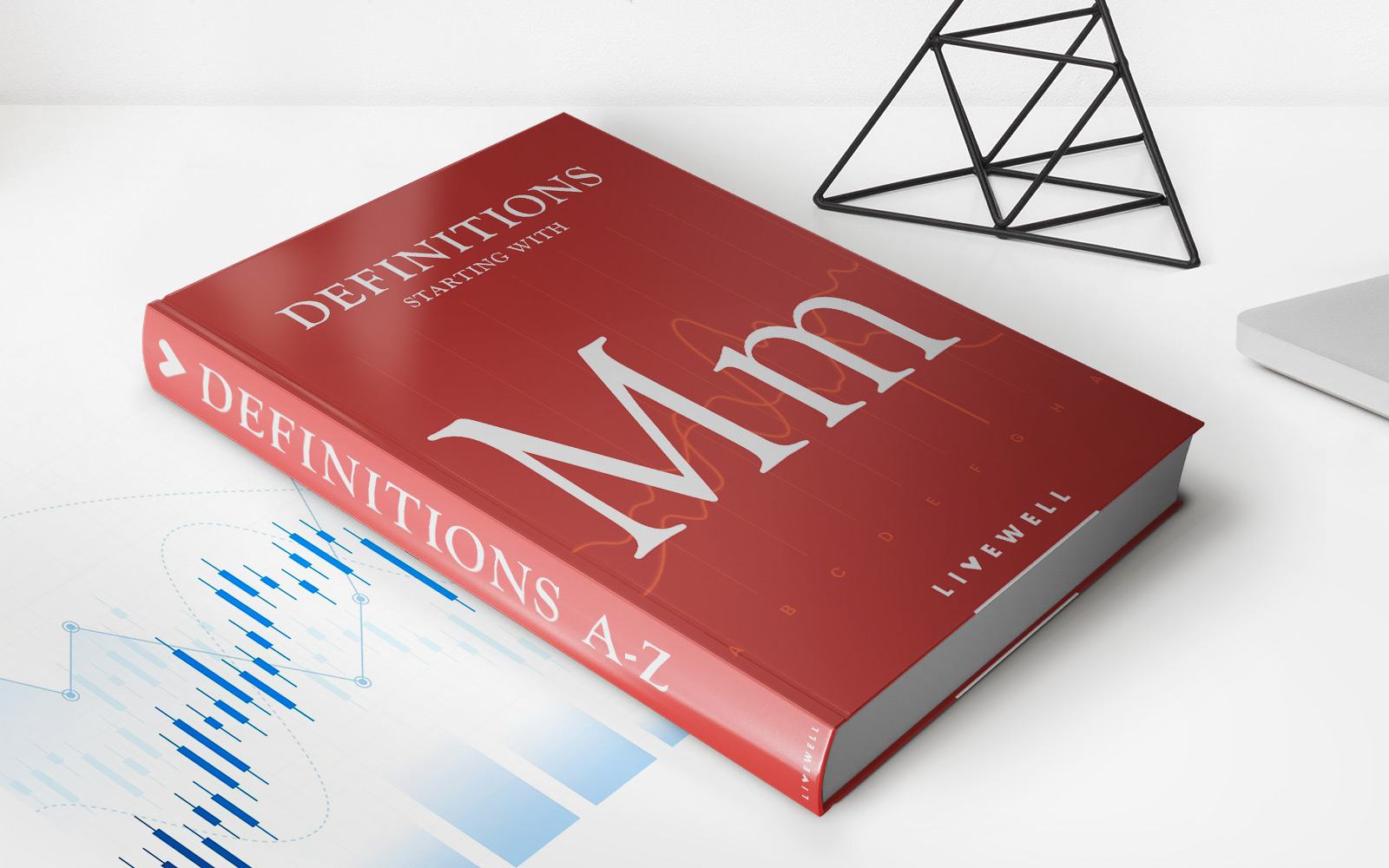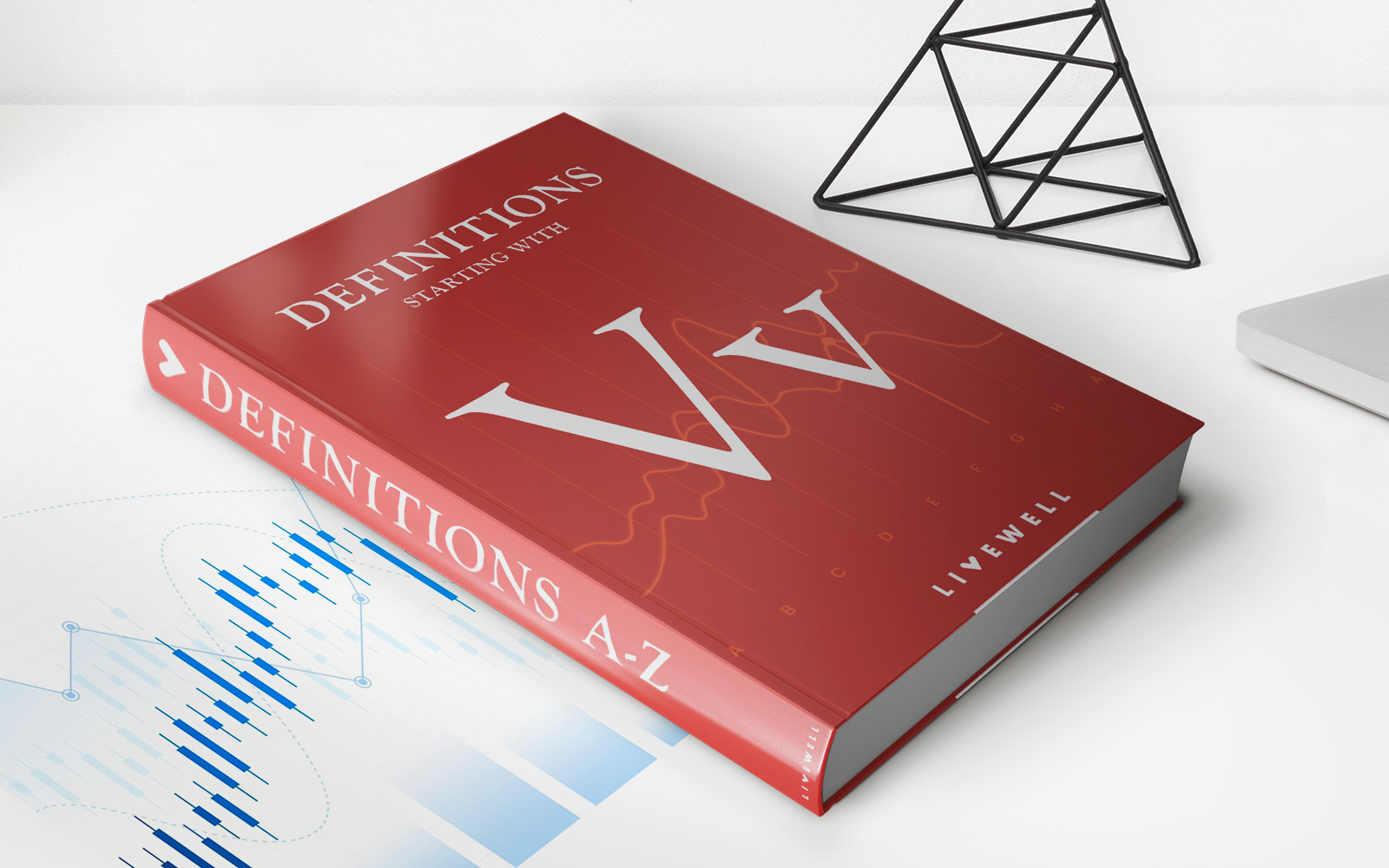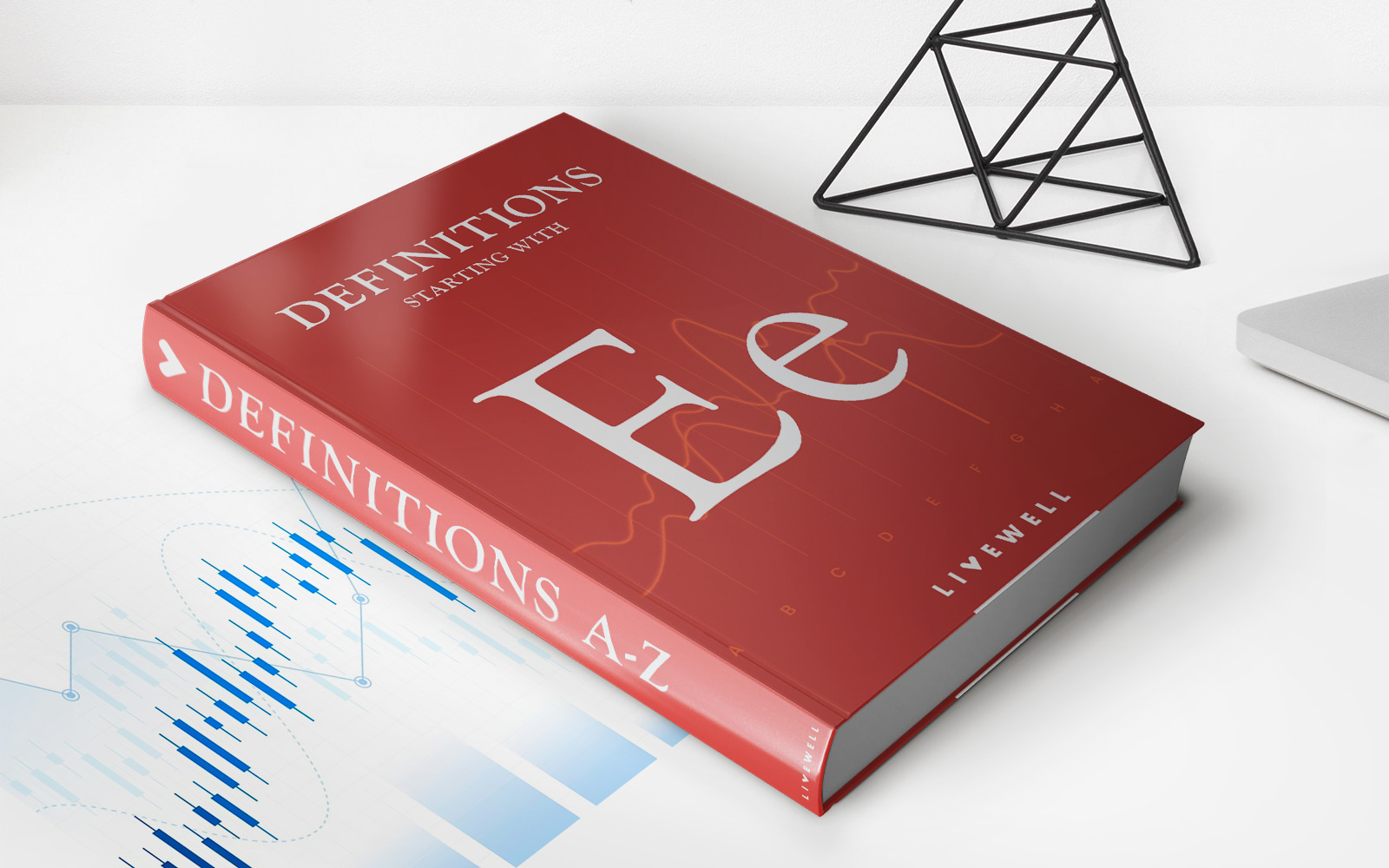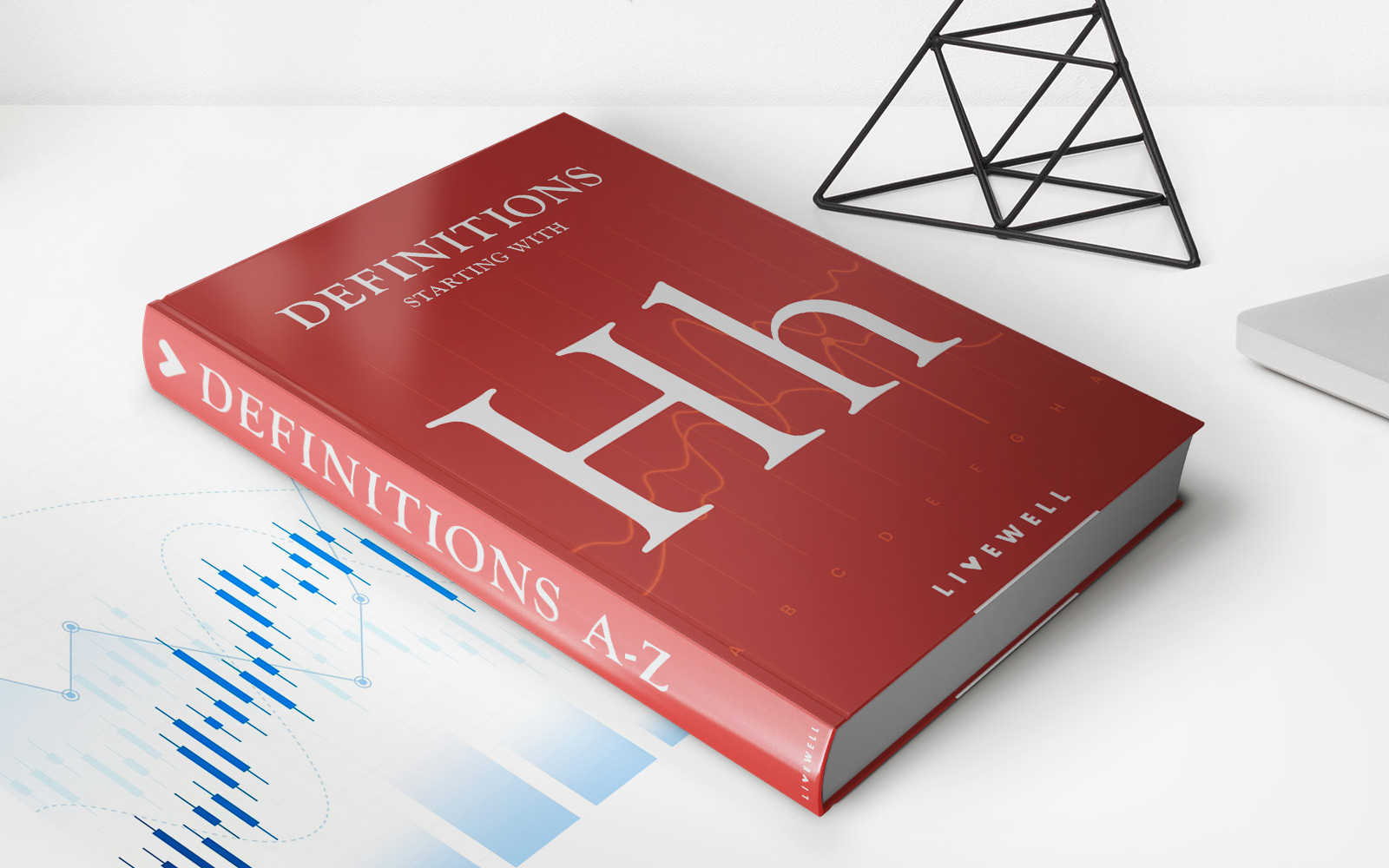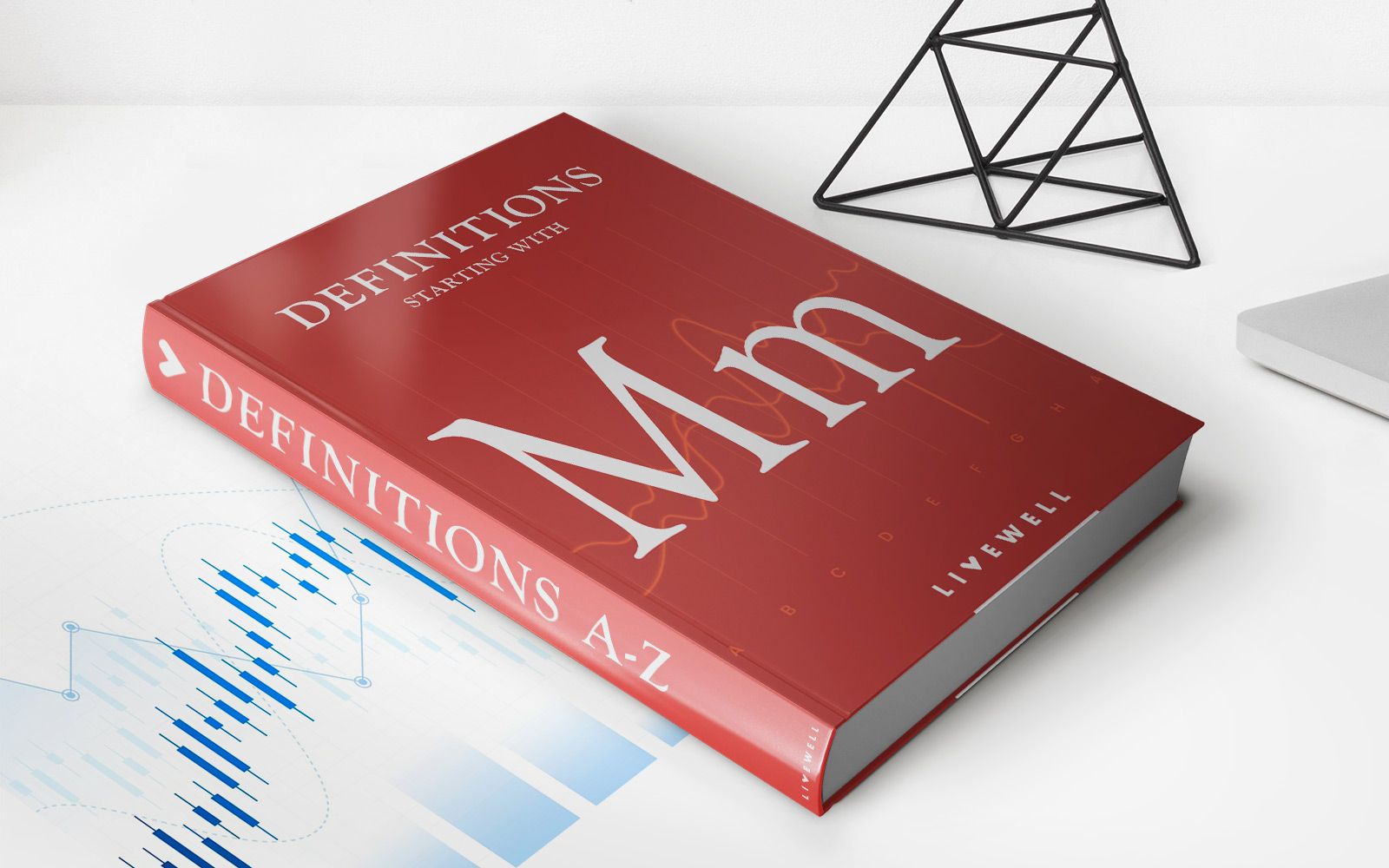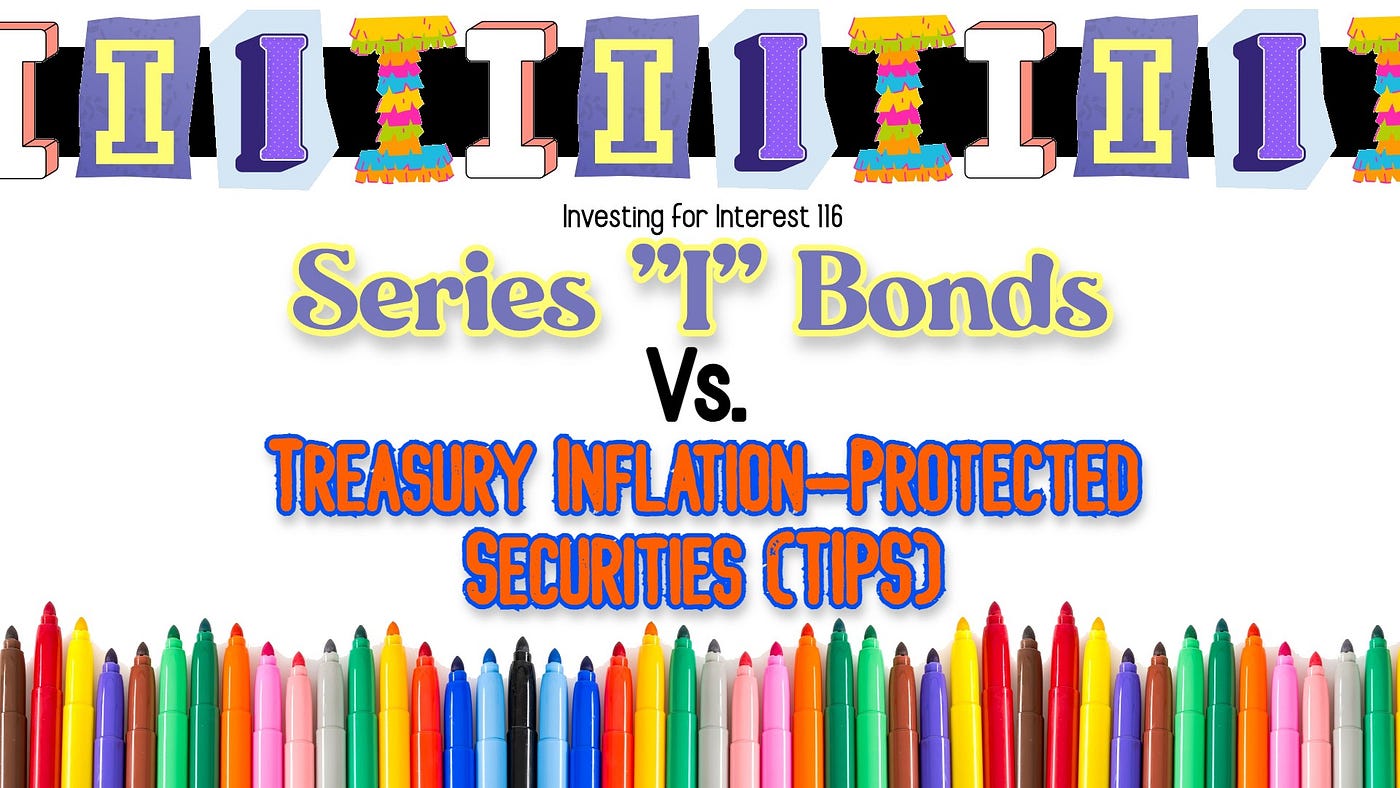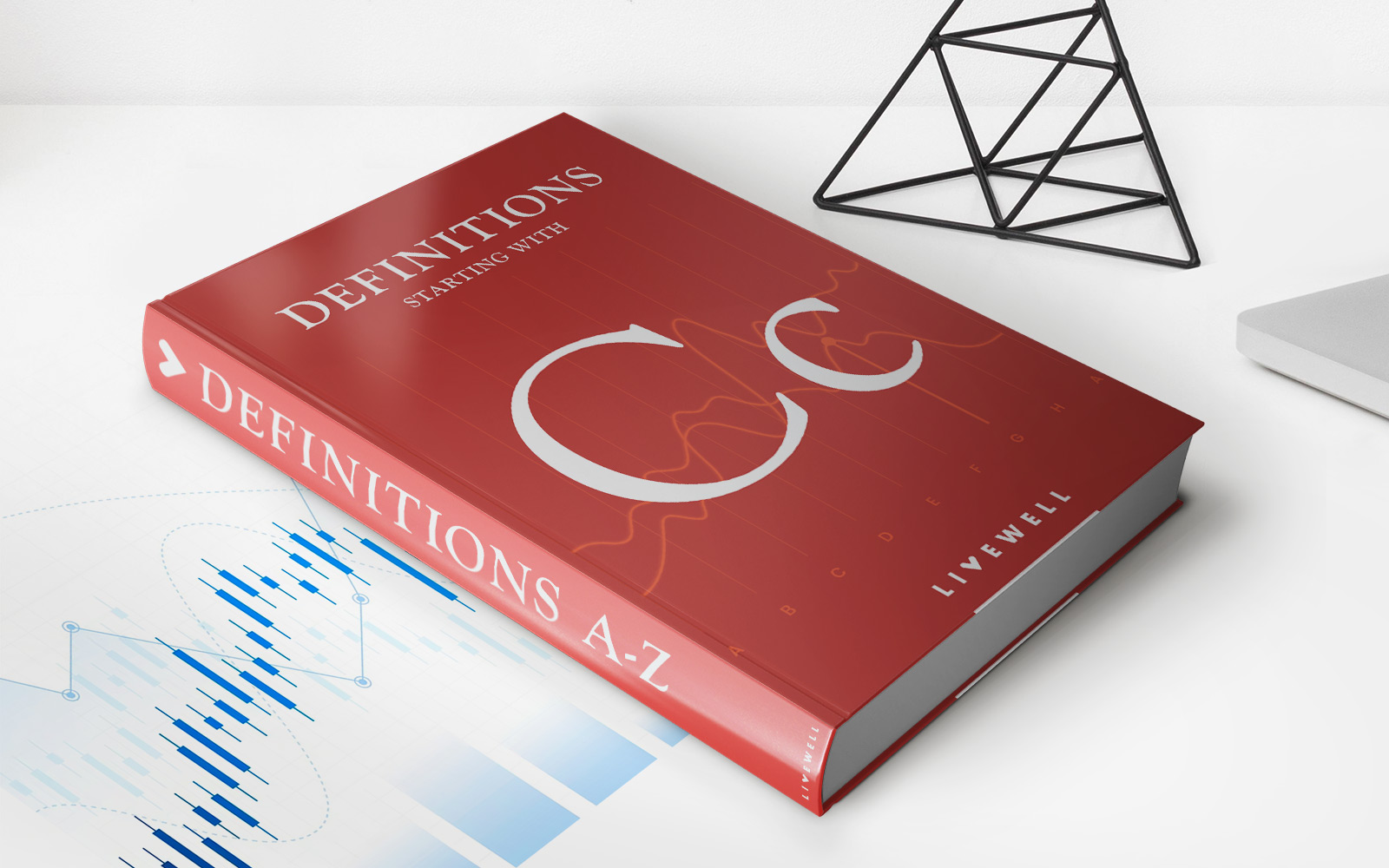Home>Finance>What Is A Purchase-Money Mortgage? Definition, Types, Benefits
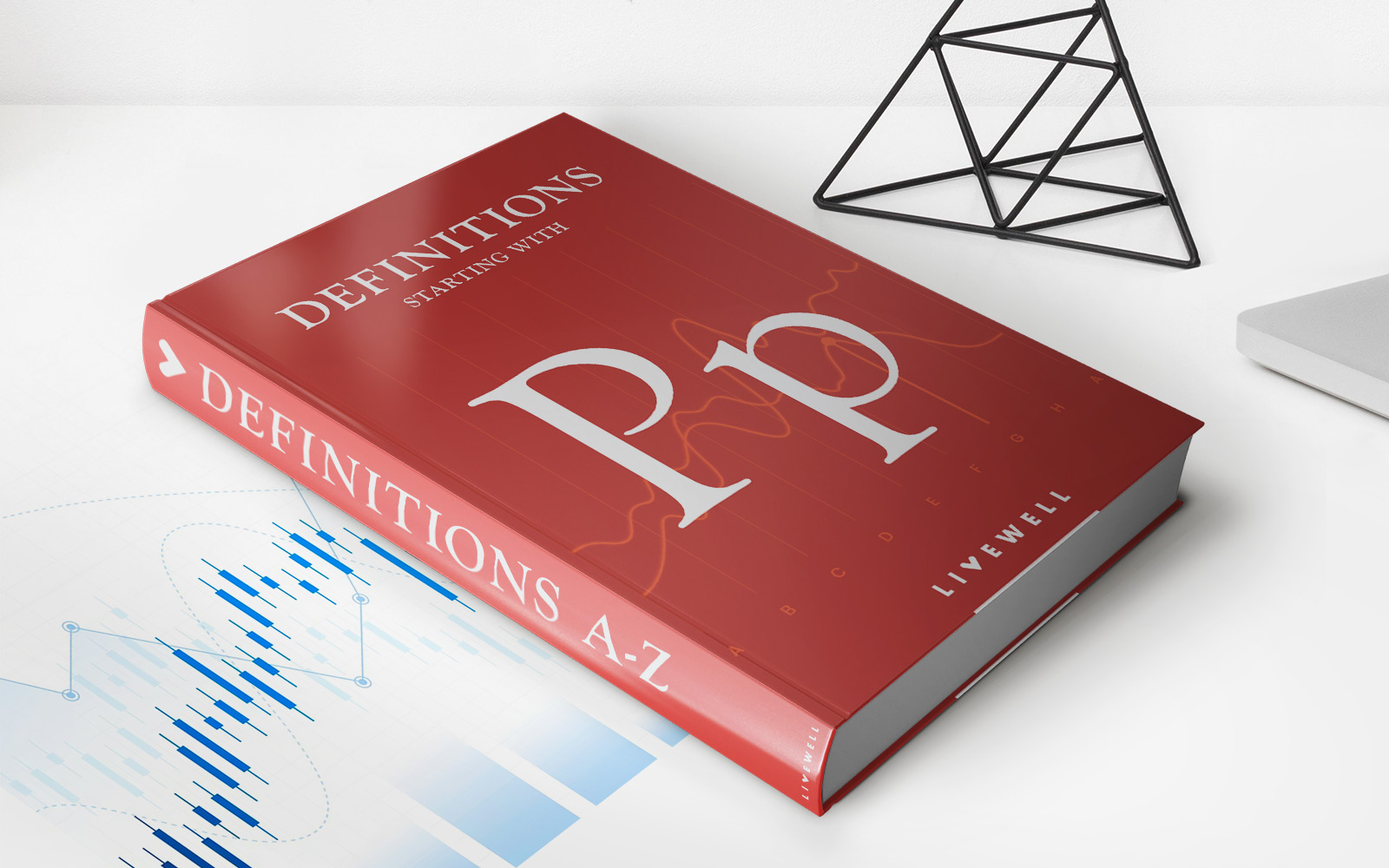

Finance
What Is A Purchase-Money Mortgage? Definition, Types, Benefits
Published: January 13, 2024
Learn about purchase-money mortgages in finance, including the definition, types, and benefits. Understand how this mortgage option can help fund your property purchase.
(Many of the links in this article redirect to a specific reviewed product. Your purchase of these products through affiliate links helps to generate commission for LiveWell, at no extra cost. Learn more)
Unlocking the Power of Purchase-Money Mortgages: Definition, Types, and Benefits
When it comes to financing your dream home or investment property, there’s a wide array of mortgage options available. One of the lesser-known but incredibly useful options is the purchase-money mortgage. In this blog post, we’ll dive into what a purchase-money mortgage is, the types available, and explore the benefits it offers to homebuyers and investors alike.
Key Takeaways:
- A purchase-money mortgage is a type of loan used to finance the purchase of a property.
- It is secured by the property being purchased, making it a popular choice for real estate transactions.
What Is a Purchase-Money Mortgage?
A purchase-money mortgage, also known as seller financing or owner financing, is a type of loan used when the seller of a property provides the financing instead of a traditional lender. In this arrangement, the seller acts as the “lender,” and the buyer makes monthly mortgage payments directly to the seller.
This type of mortgage is commonly used in situations where a buyer may have difficulty securing financing through a bank or wants to negotiate more favorable terms with the seller. It can benefit both parties involved, offering flexibility and unique advantages.
Types of Purchase-Money Mortgages:
Purchase-money mortgages come in different forms, depending on the specific terms negotiated between the buyer and seller. Here are a few common types:
- All-Inclusive Mortgage: This type of purchase-money mortgage combines the existing mortgage loan balance with additional financing provided by the seller. The buyer makes a single monthly payment to the seller, who then uses a portion of that payment to cover the existing mortgage payment.
- Land Contract: Also known as a contract for deed, this type of purchase-money mortgage involves the buyer making payments to the seller in exchange for ownership of the property. The buyer takes possession of the property but doesn’t receive the legal title until the final payment is made.
- Lease Purchase Agreement: This arrangement combines a lease agreement with a purchase option. The buyer makes monthly lease payments to the seller and has the right to purchase the property at a specified price within a certain timeframe.
Benefits of a Purchase-Money Mortgage:
Now that we understand what a purchase-money mortgage is and the types available, let’s explore the benefits:
- Flexible Financing: A purchase-money mortgage allows buyers who may not qualify for traditional financing to purchase a property. This option opens up opportunities for individuals with less-than-perfect credit or self-employed individuals without traditional income documentation.
- Negotiable Terms: Since the financing is coming directly from the seller, buyers and sellers have the flexibility to negotiate the terms of the mortgage. This can include the interest rate, repayment schedule, and down payment requirements.
- Streamlined Process: With a purchase-money mortgage, there are typically fewer bureaucratic hurdles compared to traditional lenders. This can result in a faster closing process and a smoother transaction overall.
Whether you’re a homebuyer looking to secure financing or a seller aiming to attract more potential buyers, considering a purchase-money mortgage can be a smart move. It offers both parties the opportunity to customize the terms and create a mutually beneficial financial arrangement.
Remember, before entering into any financial agreement, it’s always crucial to consult with a financial advisor or real estate professional who can guide you through the process and ensure that your interests are protected.
